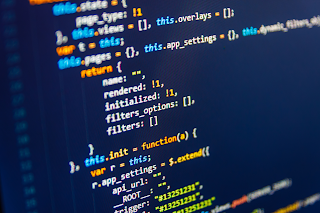Python Functions and Modules
With this third article, let's continue our series on learning Python, our first programming language. This article will discuss Python functions and modules and how they can help us organize and reuse our code. Functions A function in Python is a section of code that you can run several times with various input values. Functions can accept one or more arguments as input and are defined using the "def" keyword. A function's fundamental syntax is as follows: def function_name(arg1, arg2, ...): # code to execute return output For example, the following code defines a function named "add" that takes two arguments and returns their sum: def add(x, y): return x + y We can call this function by passing in the required arguments like this: result = add(3, 4) print(result) # prints 7 For some parameters, functions can also have default values, which means that if you omit the argument when invoking the funct...





